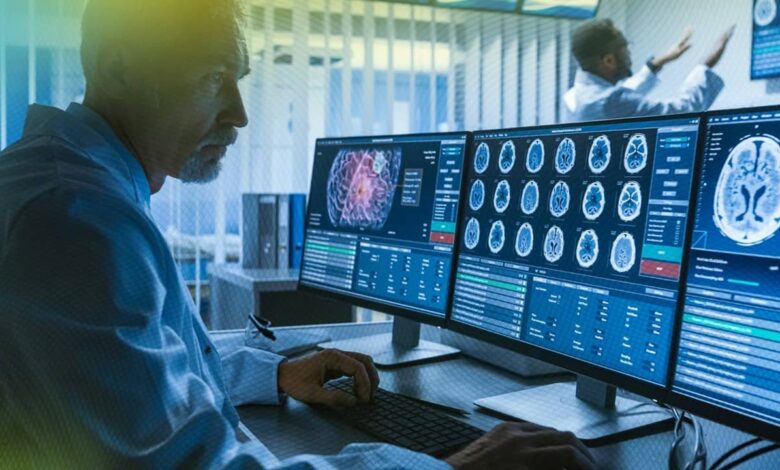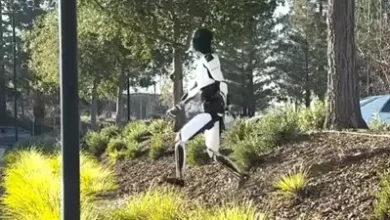
Soon, a significant advancement in artificial intelligence may completely change how prognoses for cancer patients are made. With unmatched precision, Stanford researchers have created an artificial intelligence system called Onco-AI that evaluates medical data and photographs to predict the chance of cancer development or recurrence.
Onco-AI uses advanced deep learning to identify patterns in complicated medical data that physicians might overlook. It creates highly customized patient risk profiles by merging test results, pathology reports, and imaging scans.
This allows physicians to customize tactics for monitoring and prevention. Dr. Henry Liu said,
“Onco-AI looks at hundreds of data points per patient to predict if or when their cancer may return after initial treatment”
Many previous prognostic techniques were based on clinical characteristics, stage, and grade. However, the results can differ greatly among patients who share comparable characteristics. Onco-AI finds predicted insights by considering the enormous complexity of each scenario.
In clinical trials, Onco-AI outperformed traditional models by over 30%, demonstrating up to 92% accuracy in predicting the 5-year disease recurrence.
The implications for improving patient care and survival rates are significant. Early recurrence risk detection allows for earlier intervention while the disease burden is low.
Dr. Liu explained,
“If Onco-AI predicts high metastasis risk, we can aggressively intervene with expanded imaging, biopsies, immunotherapy, or radiation before progression to late-stage disease.”
Less intensive monitoring may be adequate for lower-risk patients, improving their quality of life and reducing costs.



